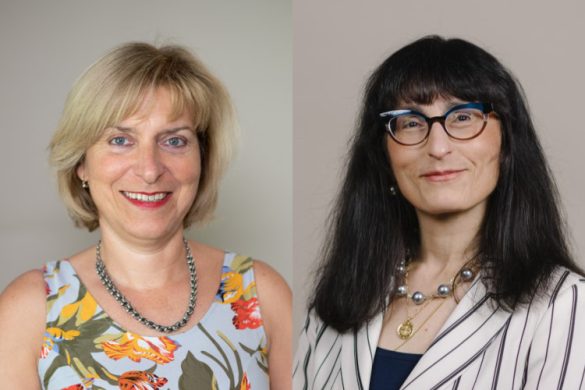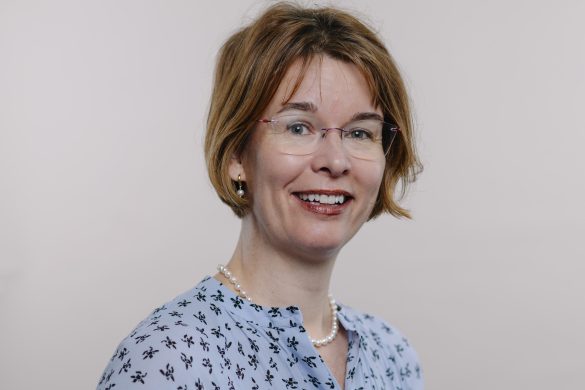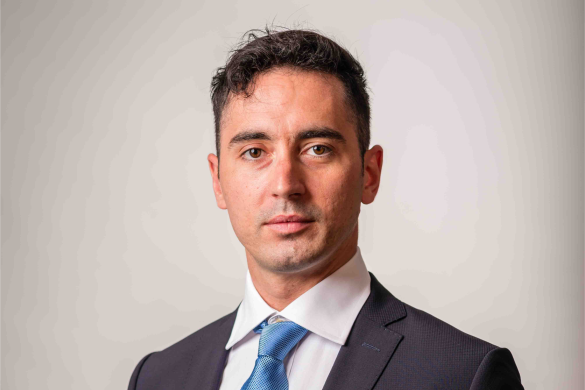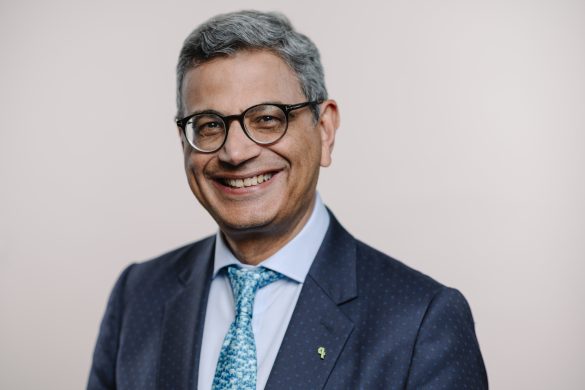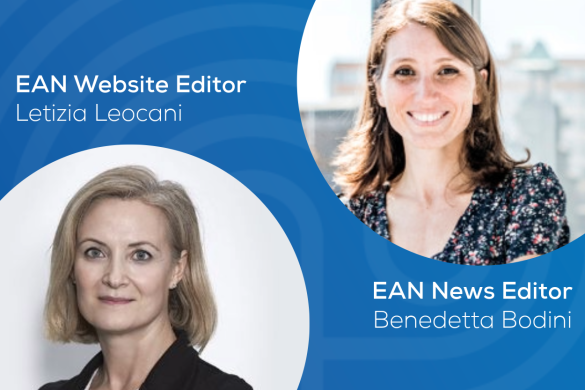
Conflicts of interest between doctors and the pharmaceutical industry are a recurring theme in medical journals and the media. There are two main concerns:
• alleged bias in reporting experiments and especially clinical trials which have been financed in part or whole by a drug company
• possible influence of the pharmaceutical industry on continuing medical education programmes.
The first concern has been addressed by tightening of the regulations. All clinical trials must be registered in an international registry such as https://www.clinicaltrialsregister.eu/ or http://www.clinicaltrials.gov where you can find a summary of the design and planned outcome measures of all the on-going trials on a particular condition. High quality journals now insist that the protocol should have been registered in advance of a trial starting and that all the outcomes specified in the protocol are reported. While achievement of both these goals may not yet be 100%, it is moving in that direction. Pharmaceutical companies are aware of these regulations and compelled to follow them by regulatory authorities. Nevertheless there is evidence that results are more likely to be more favourable to the drug in question when a trial is sponsored by a pharmaceutical company. The common innuendo is that the reporting of commercial trials is biased in favour of the company’s own drug. While undeniable examples of biased reporting reach the medical and even the lay press, critics ignore the alternative that industry trials may be better designed and conducted than investigator-led trials. The enormous expense and long time needed to bring an innovative drug to market make meticulous attention to regulations and adequate sample sizes mandatory.
The second concern is particularly relevant to the EFNS. The EFNS enjoys a fruitful partnership with the pharmaceutical industry. We are grateful to many companies who support our Congresses financially. They host scientific symposia, purchase exhibition space for advertising stands and finance the attendance of many delegates at our congresses. These activities make a major contribution to the income of the EFNS and the attractiveness of our Congresses. We are a not-for-profit organisation. Any income from the pharmaceutical companies is used to finance congresses, fellowships, bursaries for junior neurologists, interdepartmental exchanges, post-graduate educational courses in central and east Europe and also in sub-Saharan Africa, electronic learning and guidelines.
The interaction between the EFNS, like all medical organisations, and the pharmaceutical industry is governed by national and European ethical rules which place strict limits on the type and amount of hospitality which may be offered and what may be advertised. The European Federation of Pharmaceutical Industries and Associations (EFPIA) http://www.efpia.eu represents the European pharmaceutical industry with a direct membership of 32 national associations and 35 major companies. Through its Educational Events & Ethical Evaluation programme, e4ethics, EFPIA pre-assesses and approves our Congress programme and polices the congress during its progress. We are very happy to cooperate with such an organisation which seeks to achieve and maintain the highest ethical standards.
The EFNS itself strives for fairness and transparency in all its decision-making processes. The national delegates of our Council are appointed by each member state. The Council elects the officers who form the Management Committee. The Management Committee appoints standing committees who in turn appoint sub-committees and scientist panels. Each of these has to make judgements and reach decisions about matters which might be influenced by pharmaceutical industry or other connections. To mitigate against this we have adopted a policy of publishing a register of interests of the officers of these committees http://www.efns.org/EFNS-Register-of-Interests.848.0.html. This becomes particularly important in guideline preparation where the EFNS guidance (Brainin 2004 European Journal of Neurology 2004, 11: 577–581) states that “Conflicts of interest must be declared by members at the time of the formation of the Task Force. The chairperson should be free from conflicts of interest.” As we move towards forming the European Academy of Neurology in 2014, there will be a further opportunity for ensuring that our governance is free from bias.




